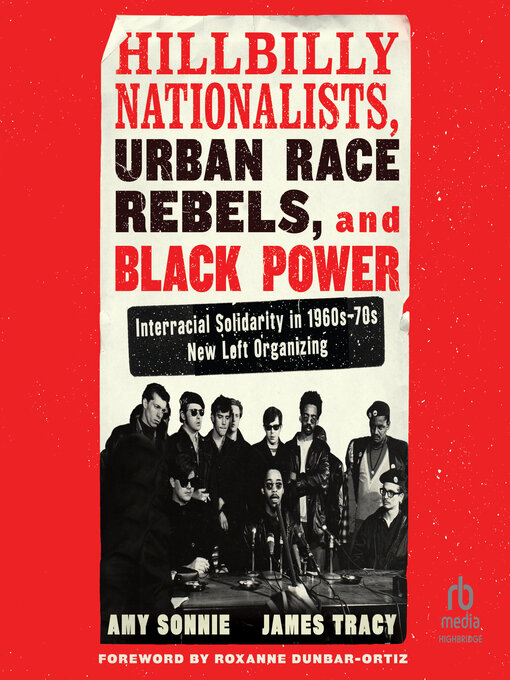- Noteworthy Reads
- Historically Yours
- Cook Up Something Cozy
- Joy Revolution
- Books Published This Quarter
- Weekly New & Popular Titles At A Glance
- Mysteries & Thrillers of the Week
- Our Favorite Sleuths
- 2025 Libby Book Award Winners and Runners Up
- See all ebooks collections
- Historically Yours
- Books Published This Quarter
- Cook Up Something Cozy
- Joy Revolution
- Noteworthy Reads
- Audiobooks Published This Quarter
- Weekly New & Popular Titles At A Glance
- Audiobooks of The Week
- Our Favorite Sleuths
- 2025 Libby Book Award Winners and Runners Up
- See all audiobooks collections

